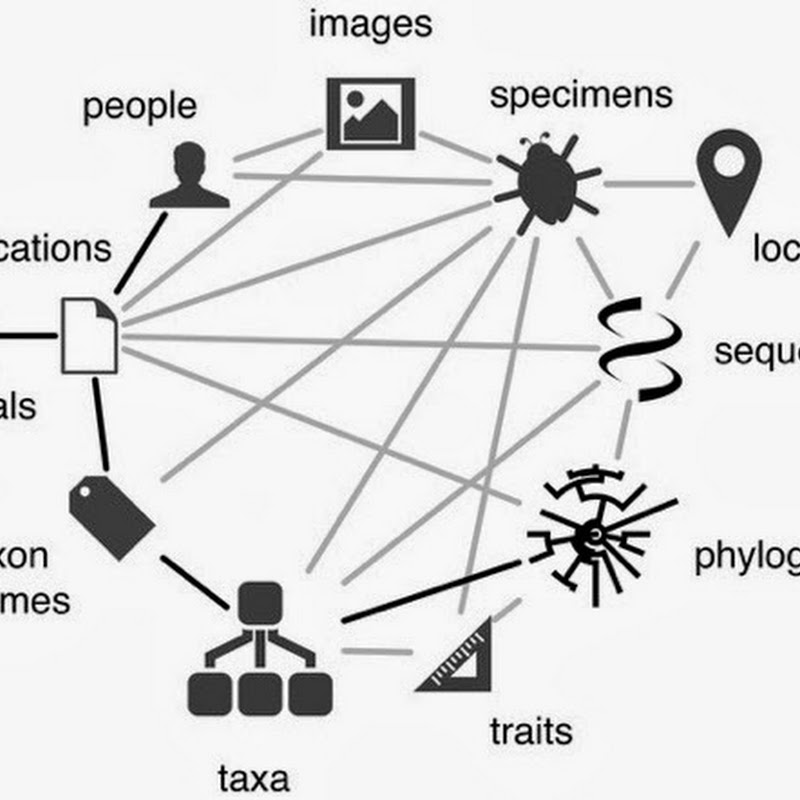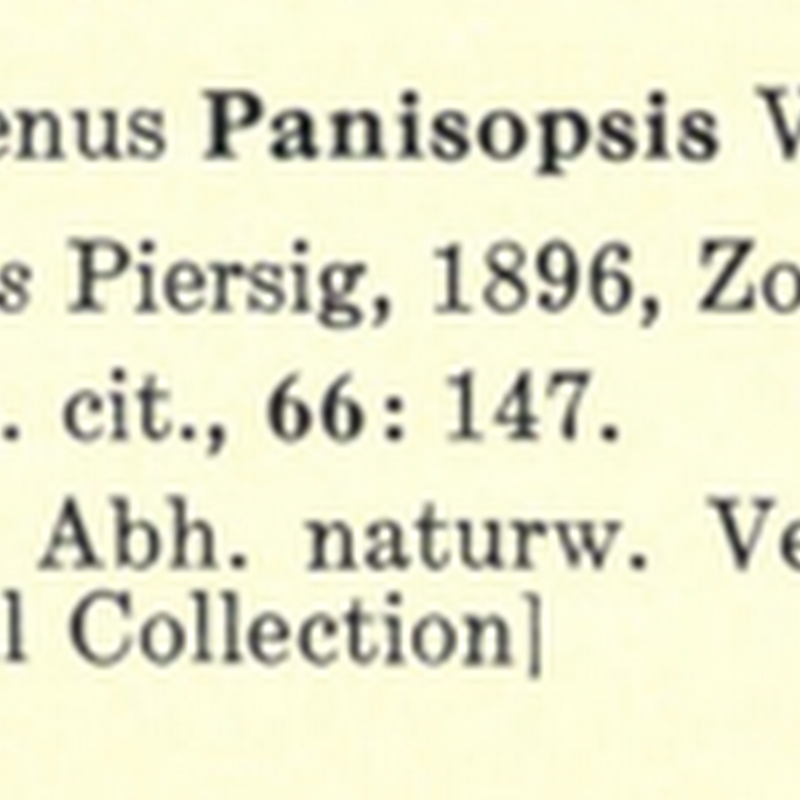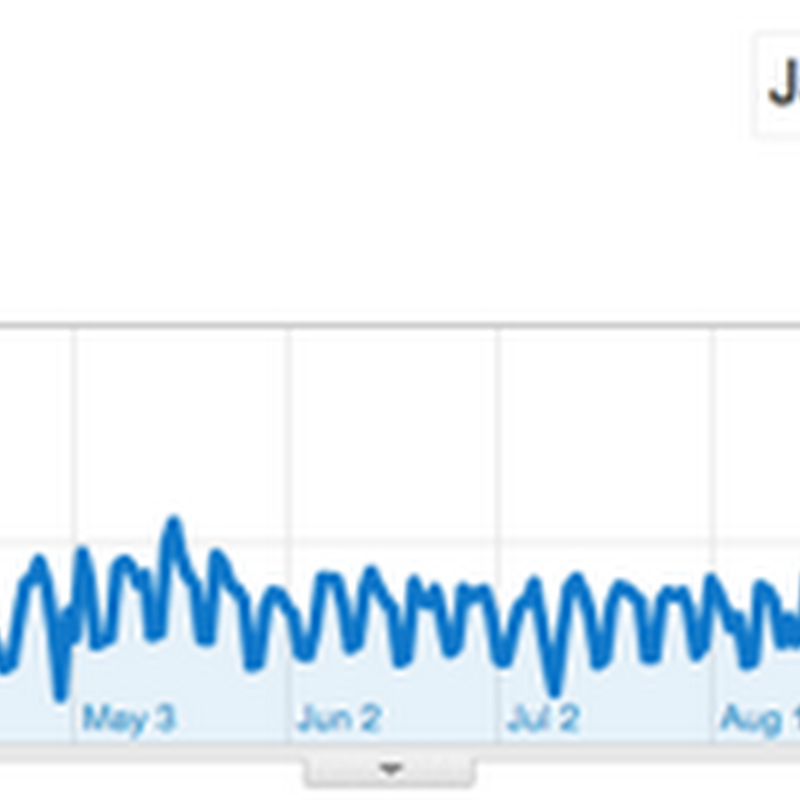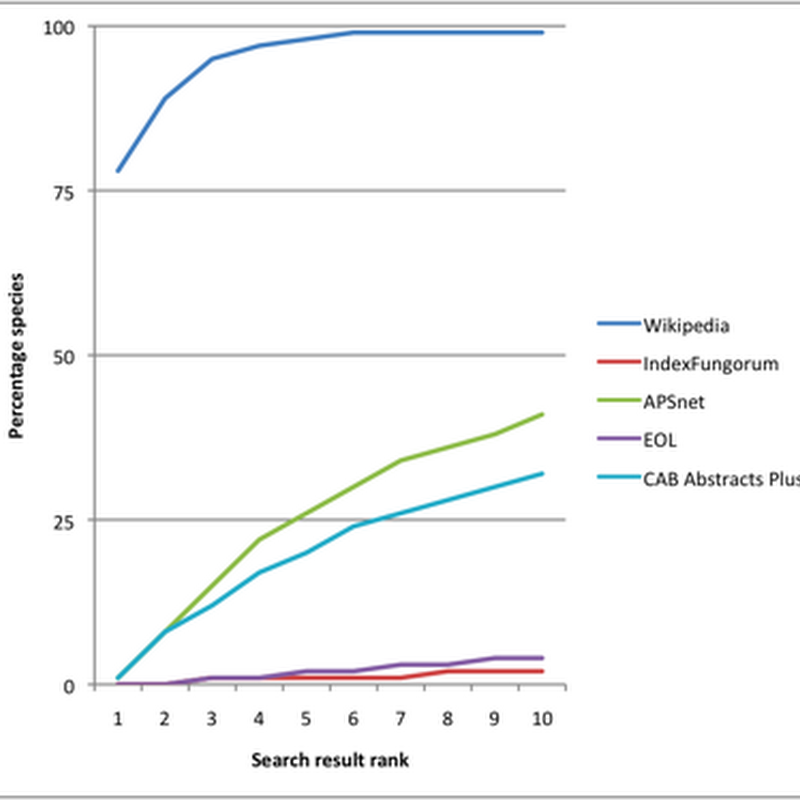
More for my own benefit than anything else I've decided to list some of the things I plan to work on this year. If nothing else, it may make sobering reading this time next year. A knowledge graph for biodiversity Google's introduction of the "knowledge graph" gives us a happy phrase to use when talking about linking stuff together. It doesn't come with all the baggage of the "semantic web", or the ambiguity of "knowledge base".





